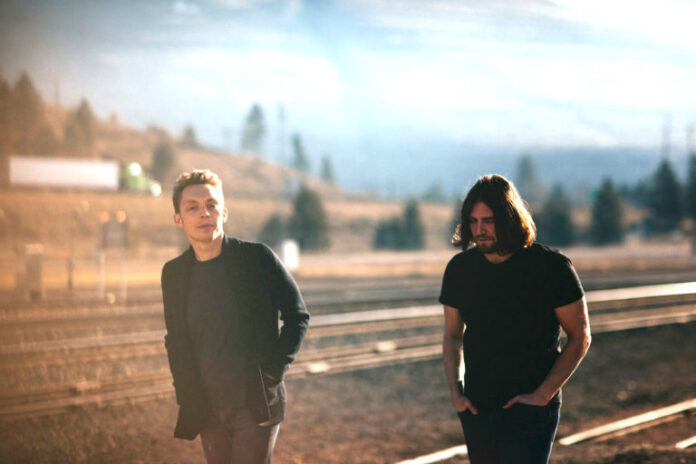
A review of a documentary that walks through the Minimalist movement as a path to improve personal and financial wellness:
Joshua Fields Millburn’s world pretty much crashed in 2009 when his mother died and his marriage ended – in the same month.
At that point he seemed to be living the American dream as a successful young professional, with a six figure income, a beautiful home in the suburbs, an expensive car and all the latest gadgets. But, as he describes it, buying all the status symbol “stuff” was only feeding his anxiety, financial stress, guilt and depression.
That’s when Millburn stumbled across some websites describing the ‘Minimalist’ movement. At first he had no idea what the term even meant, but became more and more attracted to the idea of living with less and simplifying his life. He started with little experiments like paring down his possessions and getting rid of his TV, and couldn’t help but notice the growing feelings of internal freedom that came with less external clutter in his life. He also found it gave him clarity about his life choices.
One day his best friend of 20 years, Ryan Nicodemus, asked him an interesting question: “Why the hell are you so happy?”
Minimalism: A Documentary about Important Things follows Milburn and Nicodemus on a year-long book tour, travelling in their car to many towns and cities across the U.S.
They explore the ways in which we are manipulated by advertising to think that we must aim for perfection…which is always just out of our reach. And that leads to addiction, or what might be called “compulsory consumerism.” They bring up the very good point that so much of the things we and our children are encouraged to buy is really just “junk” – little plastic toys, trendy but cheaply made clothing, gadgets that we don’t really need…until we end up requiring more space and bigger houses to store it all. The result? We have to work longer and harder to pay for our consumer addiction and our bigger house. We have more financial stress, more anxiety about the future, and less time to spend on important things like our mental, physical and spiritual health, our relationships, and our true passions in life.
The documentary also looks at “ownership” versus “access” – meaning I don’t need to own a thing if I can access it when I need it. “Access” might include using Uber, borrowing books from the library, or sharing sports equipment and tools with other families.
Milburn sums up what he and Nicodemus have discovered: “Happiness, as far as we’re concerned, is achieved through living a meaningful life: a life filled with passion and freedom in which we grow as individuals and contribute beyond ourselves. Growth and contribution: those are the bedrocks of happiness. Not stuff.”
It seems that this whole idea of simplifying our lives, living with less, minimizing our footprint, and having less clutter in our houses and our heads is striking a chord with many. (Locke, 2017, paras. 1-4, 7-9, 14, 15)
This article gives an overview into a man’s life who found happiness by abandoning what was once considered the American dream. It lays out his argument by saying the status symbol of stuff only feeds financial stress and mental illness. If this Minimalist movement were enacted at Huntington, how would it employ such thinking without imposing it onto customers? If less external clutter does lead to more internal freedom, how do we give people clarity in their choices while almost maintaining their freewill for the clutter they choose?
I believe what I can take from this is the value objects bring, whether it is positive or negative. Perhaps the goal then is to get customers to recognize this value within their own spending habits, that way they can put their money towards what they really desire. It is the experiences we seek, which banks can highlight by connecting the lasting impact of a purchase to both the physical product and the associated cost.
References
Locke, L. (2017, March 20). Film Review – Minimalism: A Documentary about Important Things. Kolbe Times. https://www.kolbetimes.com/minimalism-documentary-important-things/



